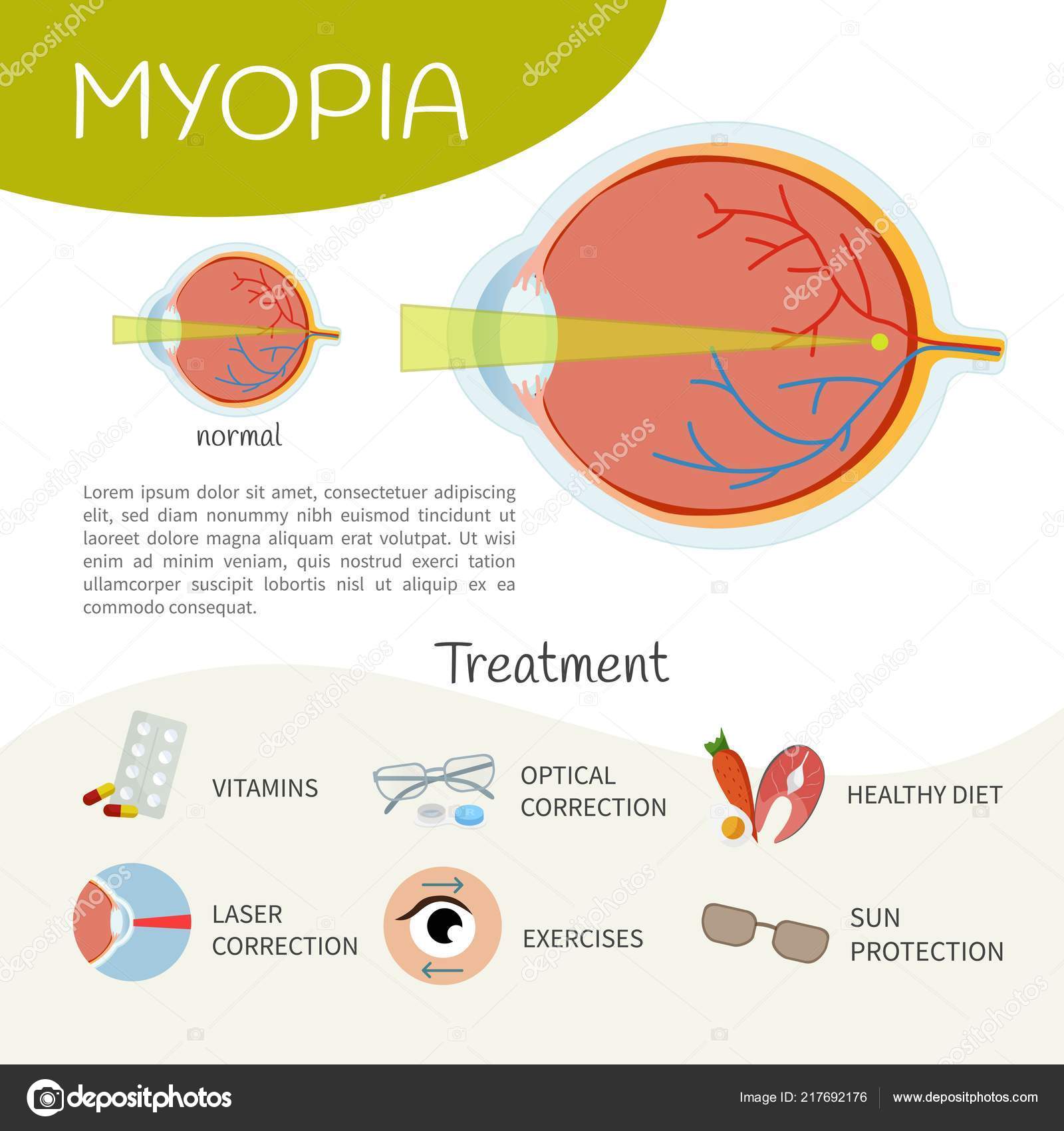Refractive Lens Exchange: Your Full Guide To Superior Vision
Refractive Lens Exchange: Your Full Guide To Superior Vision
Blog Article
Post Created By-Edmondson Kaspersen
If you're over 40 and having problem with vision issues like hyperopia or myopia, Refractive Lens Exchange (RLE) might be worth taking into consideration. This procedure replaces your natural lens with an artificial one, possibly minimizing your dependancy on glasses. While the benefits are appealing, it's critical to recognize the risks and qualification needs. What should you recognize before making a decision that could transform your vision forever? Allow's explore this subject even more.
Understanding Refractive Lens Exchange
Understanding Refractive Lens Exchange (RLE) can be important for those thinking about vision modification options.
best cataract surgery procedure is a surgical procedure that changes your eye's all-natural lens with a fabricated intraocular lens. It's largely targeted at remedying serious refractive mistakes, such as hyperopia, myopia, or presbyopia.
Throughout the procedure, your surgeon will eliminate your over cast or clear lens and replace it with a lens customized to your vision needs. This option is typically thought about for individuals over 40 that might not be suitable prospects for LASIK.
By selecting RLE, you're not simply enhancing your vision; you're likewise potentially minimizing your dependence on glasses or get in touch with lenses.
Comprehending how RLE works will equip you to make enlightened choices regarding your vision health and wellness.
Benefits and Risks of RLE
Choosing RLE not just offers an opportunity to enhance your vision but likewise features its own collection of benefits and risks.
One considerable benefit is the capacity for more clear vision, minimizing or removing your dependence on glasses or get in touch with lenses. You might likewise experience a wider range of vision, specifically if you select multifocal lenses.
Nevertheless, there are threats included, such as infection, problems during surgery, or discontentment with the outcomes. Some individuals experience visual disruptions like halos or glare.
It's necessary to consider these benefits and dangers very carefully. Consulting with your eye treatment professional can help you make an educated choice that aligns with your vision goals and way of living.
Eligibility Standard for Refractive Lens Exchange
Before considering Refractive Lens Exchange (RLE), it's vital to identify if you meet the eligibility standards. Typically, https://www.natureworldnews.com/articles/42281/20191011/alternatives-to-refractive-surgery-procedures.htm 're a good candidate if you're over 40 years of ages and have a stable prescription.
You should additionally be experiencing refractive mistakes like nearsightedness, hyperopia, or presbyopia. It is essential to have healthy and balanced eyes without any significant conditions, such as cataracts or glaucoma.
In addition, you need to remain in good total health and not have any kind of problems that might impact healing, like unrestrained diabetes mellitus. If you put on call lenses, you might need to quit wearing them for a while prior to your evaluation.
Consulting with an eye care professional will certainly aid you understand your specific scenario and whether RLE is right for you.
Conclusion
Finally, refractive lens exchange can transform your vision and minimize your dependancy on glasses or calls. While it provides countless benefits, it's important to comprehend the risks and ensure you fulfill the qualification criteria. Consulting with an eye care professional will certainly aid you make an informed decision customized to your demands. If you're considering RLE, put in the time to explore your options and go over any type of worries, paving the way for more clear, extra vibrant eyesight.
